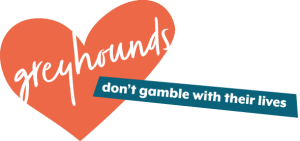While the announcement of the ban is a significant milestone, greyhounds remain at risk during the phase-out period.
Since 10 December 2024, 411 greyhounds have been injured, 69 greyhounds suffered fractures, and 11 greyhounds have died due to racing-related incidents.*
Every injury and death is a stark reminder of why this ban is necessary. SAFE will remain vigilant in holding the industry accountable until greyhound racing is consigned to history.
*Source: Greyhound Racing New Zealand (as at 1 July 2025)

